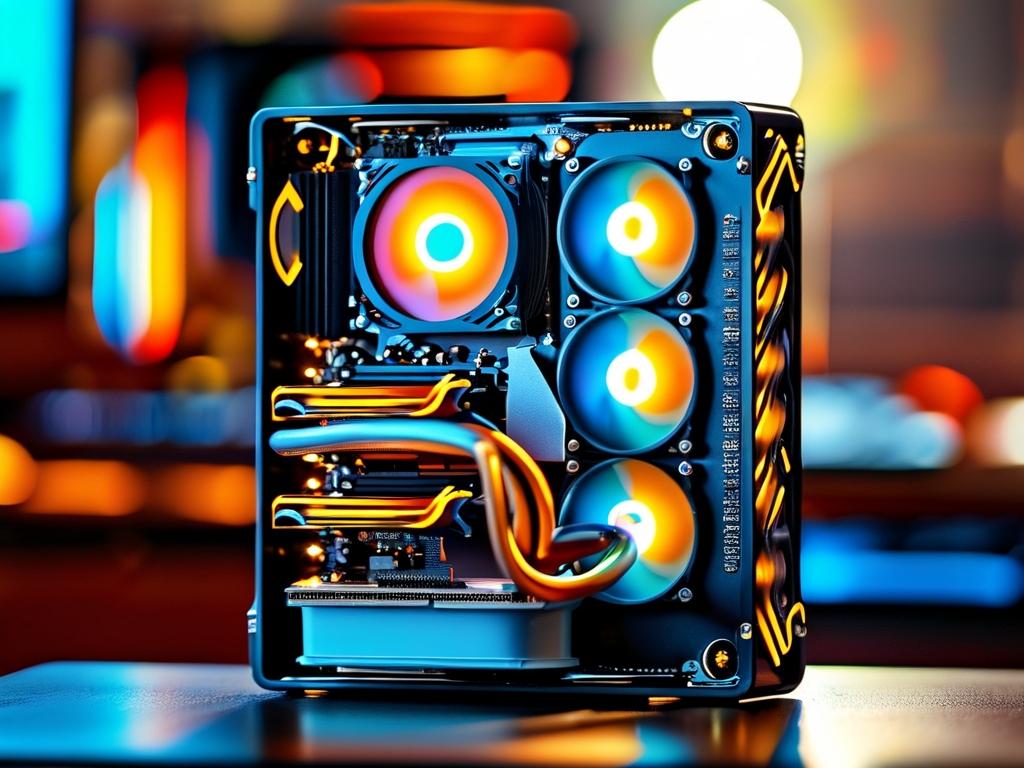In the rapidly evolving landscape of computing technology, efficient memory management has emerged as a critical bottleneck for industries ranging from cloud computing to artificial intelligence. Enter Yaoguang Memory Management Service, a groundbreaking solution designed to address these challenges through intelligent resource allocation, adaptive algorithms, and real-time optimization. This article explores how Yaoguang is reshaping memory management paradigms, its technical innovations, and its implications for future computing ecosystems.

The Growing Demand for Advanced Memory Management
Modern applications, particularly those involving big data analytics, machine learning, and IoT systems, generate unprecedented demands on memory resources. Traditional static memory allocation models often lead to inefficiencies, such as underutilized capacity or catastrophic out-of-memory errors. A 2023 study by Gartner revealed that 35% of cloud infrastructure costs are tied to suboptimal memory usage, highlighting the urgency for smarter solutions.
Yaoguang tackles this problem by integrating AI-driven predictive analytics with dynamic memory allocation. Unlike conventional systems that rely on fixed thresholds, Yaoguang’s algorithms analyze application behavior patterns in real time. For instance, it can predict memory spikes in a video rendering workflow or adjust resources for a fluctuating number of concurrent users in a SaaS platform.
Core Technologies Behind Yaoguang
-
Adaptive Tiered Memory Architecture
Yaoguang categorizes memory into tiers based on access frequency and latency requirements. Frequently accessed data is prioritized in high-speed tiers, while less critical data is moved to cost-effective storage layers. This approach reduces latency by up to 40% compared to homogeneous memory systems. -
Reinforcement Learning for Resource Allocation
The service employs a reinforcement learning (RL) model that continuously learns from application performance feedback. For example, if an e-commerce platform experiences slowdowns during flash sales, Yaoguang’s RL agent redistributes memory resources to critical components like payment gateways and inventory databases. -
Cross-Platform Compatibility
Yaoguang supports hybrid environments, seamlessly managing memory across on-premises servers, cloud instances, and edge devices. Its lightweight agent consumes less than 2% of system resources, ensuring minimal overhead.
Real-World Applications and Case Studies
- Cloud Gaming: A leading game streaming company reduced infrastructure costs by 28% after implementing Yaoguang, which dynamically allocated memory based on player load and game complexity.
- Healthcare AI: A medical imaging startup achieved 50% faster model training by leveraging Yaoguang’s memory-tiering capabilities for GPU-accelerated workflows.
- Financial Services: A fintech firm eliminated memory-related downtime during high-frequency trading sessions through Yaoguang’s predictive scaling.
Challenges and Ethical Considerations
While Yaoguang offers transformative benefits, it raises questions about dependency on proprietary algorithms. Critics argue that over-reliance on automated systems could create "black box" scenarios where memory decisions lack transparency. Yaoguang’s developers counter this by providing granular audit logs and explainable AI (XAI) features that detail allocation rationale.
Additionally, the service’s energy-efficient design aligns with global sustainability goals. By minimizing idle memory consumption, Yaoguang reduces power usage by an estimated 15-20% in data centers—a significant step toward greener computing.
Future Directions
Yaoguang’s roadmap includes integration with quantum computing frameworks and neuromorphic hardware. Early experiments show promise in managing the volatile memory requirements of quantum algorithms, potentially accelerating breakthroughs in material science and cryptography.
Yaoguang Memory Management Service represents a paradigm shift in how systems handle memory resources. By blending AI, real-time analytics, and cross-platform adaptability, it addresses both current inefficiencies and future scalability challenges. As industries continue to push the boundaries of computational power, solutions like Yaoguang will play a pivotal role in ensuring that memory management evolves from a passive component to an active enabler of innovation.









